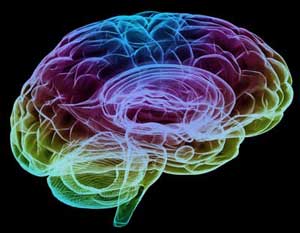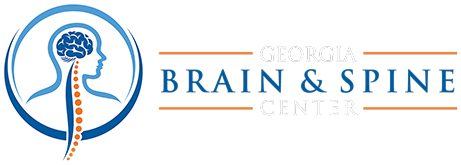The internet can be an incredible resource for learning about nearly any subject. However, it can be overwhelming for some people to have so much information available at the tip of their fingertips. It can be very difficult to differentiate between truthful, dependable information and fabrications that are not rooted in fact. That’s why the neurosurgeons here at Georgia Brain & Spine Center wanted to debunk some of the more common myths about the human brain and how it works.
 Myth #1: We Only Use 10% of Our Brains
Myth #1: We Only Use 10% of Our Brains
We’re not sure where this one originated, but it is definitely false. The truth is that our normal daily functioning requires 100% of our brain. That’s why damage to any area of the brain, no matter how small, can result in significant consequences for a person’s cognitive ability and functioning.
Myth #2: People Are Either Left-Brained or Right-Brained
Although certain types of thinking tend to be more associated with a particular region of the brain, this notion is false. There is no evidence that having one brain hemisphere be more active than the other causes any difference in learning or function. The mind works best when the entire brain is utilized, even for activities like reading and math that are typically associated with a certain area of the brain.
Myth #3: We Have a Finite Number of Brain Cells
We’ve probably all heard the adage that once brain cells die, they can never be replaced. However in recent years, experts have discovered evidence that the human brain does indeed form new brain cells (or neurons) in certain parts of the brain throughout adult life. This process is known as neurogenesis. Although many neurons that are produced later in life may die shortly after they are generated, some do go on to be functional in the tissue of the brain.
Myth #4: Memory Loss With Age Always Means Dementia
There is a misconception that any memory issues that people experience as they age are signs of serious issues like Alzheimer’s Syndrome, however this is not always the case. The truth is that it’s natural and not unusual for people to become more forgetful later in life. Experts use the example that if you forget where you left your keys, that’s not abnormal. If you forget what the keys are used for, that could be a cause for concern.
The human brain is a source of endless fascination and curiosity. Due to the complexity of the human mind, treating issues or brain conditions require the very best neurosurgeons available. If you would like more information on the brain conditions that we treat, or if you would like a second opinion on a previous diagnosis, please contact Georgia Brain & Spine at 1 (800) GO-SPINE to schedule a consultation today with Dr. Elias Dagnew or Dr. Michael Hartman. You can also follow us on Facebook and Twitter for the latest news, practice updates, blog posts, and more.
